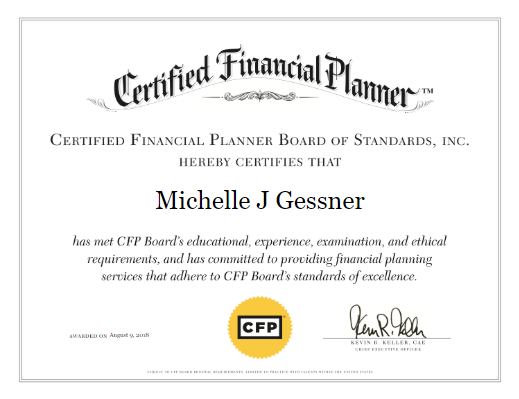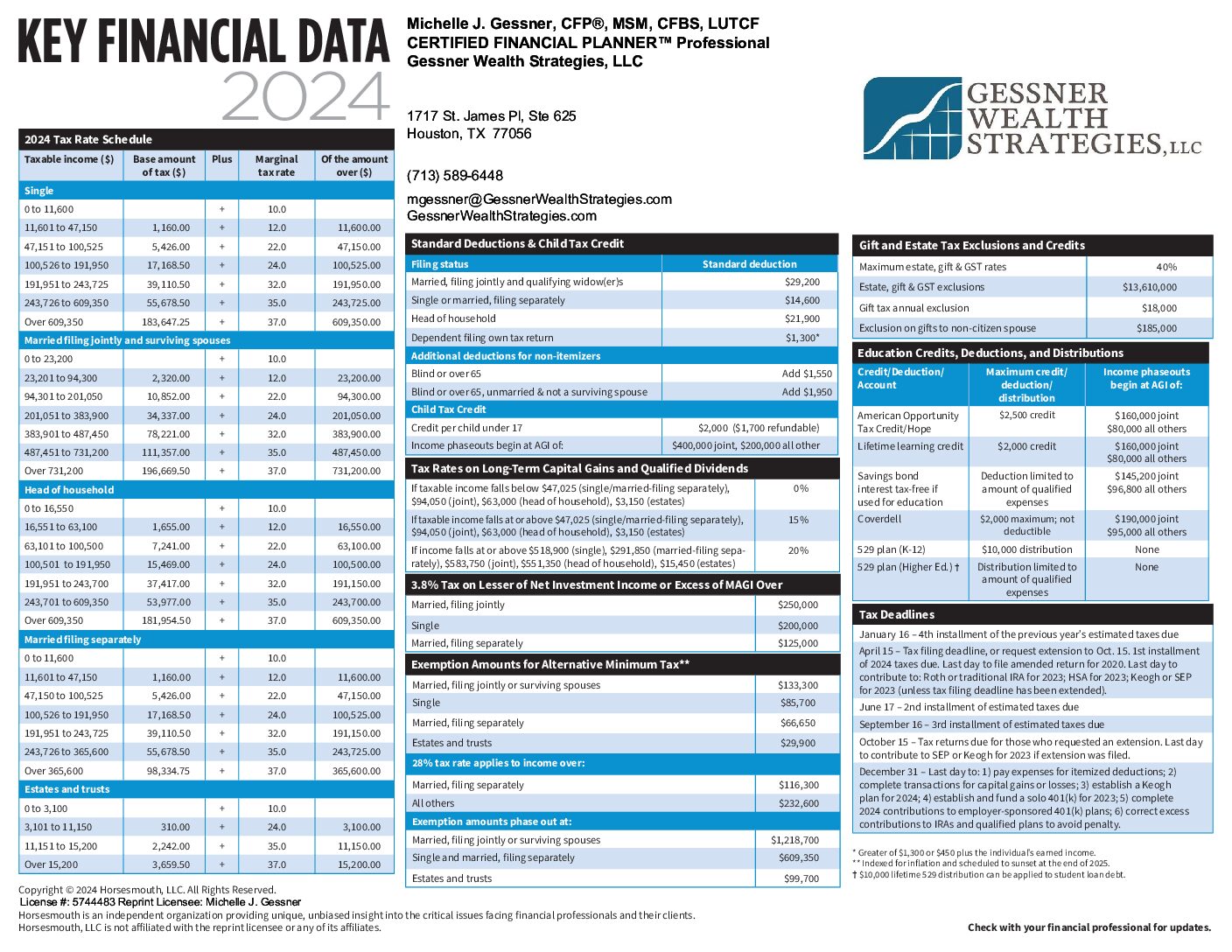Smart people shouldn’t need to hire a financial planner or professional investment manager, right? After all, smart people can read and research to inform themselves and therefore they can take care of their own investments and financial planning. Read on to find out how such a belief can be dangerous to your financial health and downright foolish.
Investing has become more accessible than ever through the internet, and custodians such as Schwab and Fidelity are now allowing zero trading fees for stocks and ETF’s. Today, you can go online and buy a bunch of different stocks and…voila, you have an investment portfolio. But is your investment portfolio allocated properly? Is it diversified? Is your money well positioned to grow in an efficient manner?
If you have 100 different stocks, doesn’t that mean you have a diversified portfolio? I am here to tell you there is a lot more to smart investing than owning 100 different stocks. Academics who researched the primary determinants of portfolio performance concluded that the overwhelming determinant (91.5%) was not market timing or stock selection, but asset allocation. Dr. Eugene Fama, professor, economist and 2013 Nobel Laureate for his insights on efficient markets and widely recognized as the “father of modern finance,” says, “I’d compare stock pickers to astrologers, but I don’t want to bad mouth astrologers.”
Unfortunately, very few investors understand how asset allocation works. Proper asset allocation requires representation within the portfolio of an appropriate amount of each of the asset classes, as nobody knows which of the classes will outrank the others from year to year in terms of performance. Also, some asset classes hold a lot more risk than others, giving rise to much more risk than you are willing to take. The smart investor understands that there should be an appropriate amount of return for the level of risk within the portfolio to be considered efficient. This premise is the foundation of modern portfolio theory, researched by economists Drs. Harry Markowitz and Bill Sharpe, both Nobel Laureates.
What about “concentration risk?” Concentration risk is holding too much of one stock, subjecting the portfolio to more risk than necessary. Our client portfolios, constructed carefully for asset allocation and efficiency (risk vs. return), hold about 10,000 different stocks, and no more than 1% of any single stock to avoid concentration risk.
Even if your portfolio is well constructed and efficient in terms of risk vs. return, diversified across the asset classes, and without “concentration risk,” it is subject to the ups and downs of the market. Even if you were able to properly construct your portfolio and stay on top of the research, would you have the discipline and emotional fortitude to tune out the noise of the relentless financial media whose job it is to rattle investors with their sensationalism? Most investors do not. What about rebalancing – would you be able to systematically rebalance, which basically means selling off some of the high performers and buying more of the lower performers? Most investors cannot. According to DALBAR, the research organization that studies investor behavior and publishes a report each year since 1994 to compare investor behavior with the market, the average investor (both bond investors and equities investors) grossly underperforms the market. For example, in the 30 years through December 2018, the average bond investor earned .26%, annualized, compared to 6.1%, annualized, by the Bloomberg-Barclays Aggregate Bond Index for that same period. Stock investors underperformed the S&P 500 returns by 5.88%, annualized, over the same 30 years.
What’s going on? Investors cannot leave their well-constructed portfolios alone! They feel the need to time the market, buying high and selling low, on cue from the financial media who loves to stir things up. What is the answer? A trusted advisor who helps you hold your investments for the long haul and helps you to keep your emotions in check, urging you not to sell when the market drops or time the market, and who helps you through difficult times by providing a voice of reason. Also, a good financial advisor has a plan for your money that already takes into account the ups and downs of the market.
Speaking of your financial plan….do you have one? Do you know how much your retirement savings can support for both regular expenses and big expenses that occur periodically and adjusted for inflation, how much risk you can really take within your portfolio given your spending requirements, and which tax planning strategies will maximize your nest egg? Do you know what can be done prior to retirement to help you achieve your goals? In fact, people often underestimate the changes that can be made prior to retirement that have a big impact, which means it really benefits most people to have a well constructed financial plan years before retirement.
What about the impact of Medicare IRMAA, the ever-changing tax laws including contribution limits, retirement savings vehicles and caps, Social Security taxation and thresholds, proposed legislation like the SECURE Act, and how it all fits together? Has your financial plan been tested with Monte Carlo (probability) analysis since market returns vary widely? Are you really taking the time to stay on top of all these items and more, how they fit together, and to learn what impacts you and what doesn’t? A financial professional is not only paid to take care of these items for you but is required to take continuing education to understand the changes and how they impact you.
What about the fees you must pay to your advisor for managing the portfolio and financial planning? Wouldn’t the opportunity cost of that fee lead to a much bigger portfolio over the years? Professional management and financial planning often prevent dozens of potential mistakes – any one of which pays for that fee for years, if not decades.
The more you know, the more you realize that you don’t know everything and do not have the time to learn and stay on top of everything. Unfortunately, you cannot Google your way to proper financial planning and success. Working with a fiduciary advisor can help provide objective, fiduciary advice to help an individual stay true to their financial plan and goals. Just as the attorney who represents himself has a fool for a client, financial planning and investing should be left to the professionals giving fiduciary advice for a better outcome.
–Michelle Gessner, CFP®
Further Reading:
“Determinants of Portfolio Performance,” Financial Analysis’s Journal, Gary P. Brinson, L. Randolf Hood, and Gilbert L. Beebower, 1986. “Revisiting Determinants of Portfolio Performance: An Update,” Brinson, Singer, Beebower, 1991. “Determinants of Portfolio Performance II: An Update,” Benson, Singer and Beebower, 1996.
https://www.nobelprize.org/prizes/economic-sciences/2013/fama/facts/








